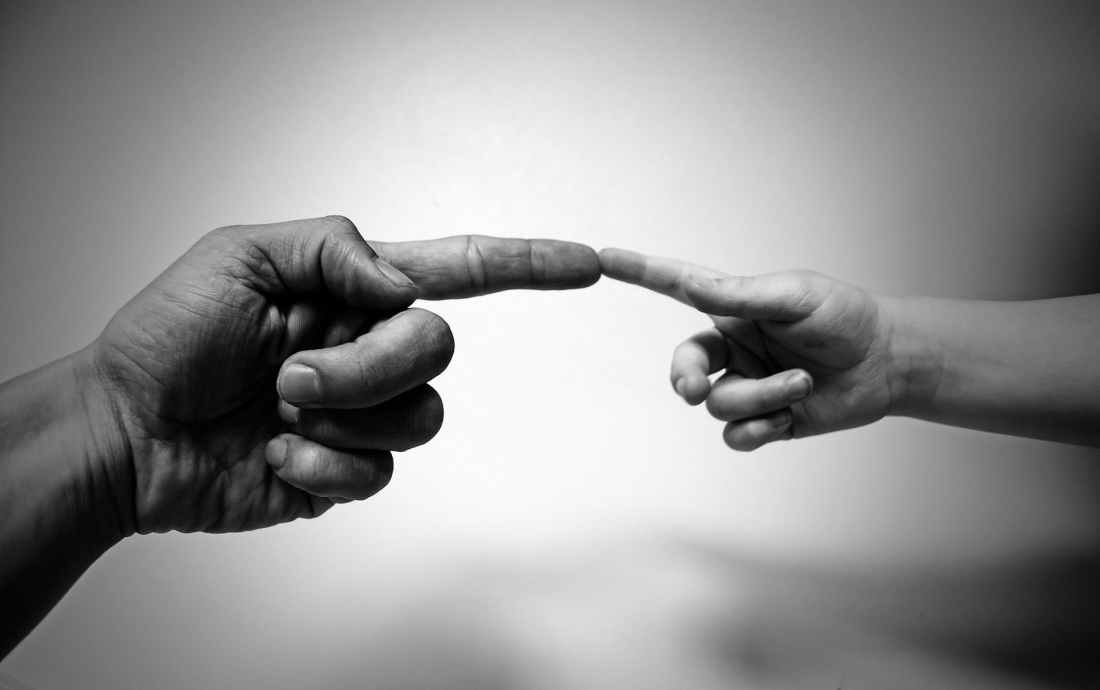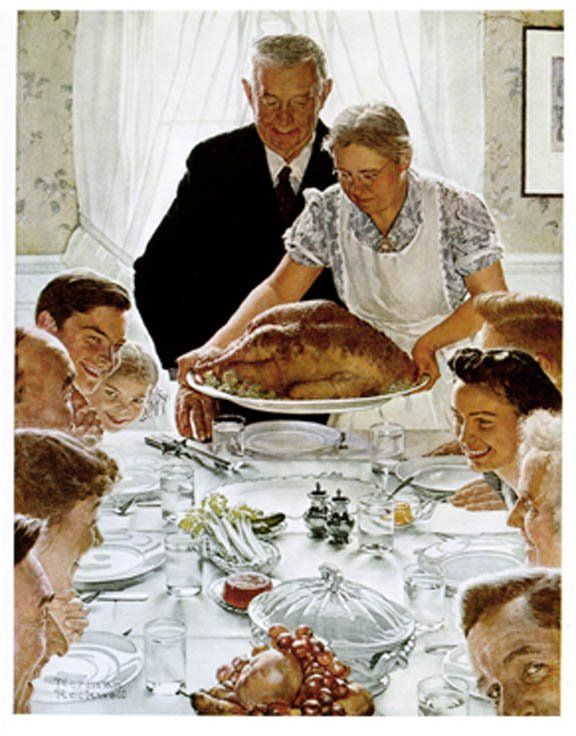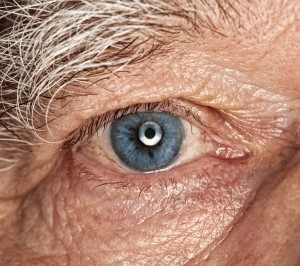Touch

The thought of touch brings the hands and fingers to my mind. I remember in a writing class I once took where the instructor had us put our hand into a paper bag and feel what was inside it without looking at the contents. We were then to write what that sense of touch felt like. It was cool, silky soft, loose and yet it felt as if it glided off my fingers or maybe it was flowing. It was kind of hard to tell. My mind said it couldn’t be liquid because it was in a paper bag so whatever it was felt like smooth water running through my fingers. It turned out to be flour. The experiment wasn’t meant to test if your senses were working right. It was a practice on how to use the senses to help the reader feel what you’re trying to portray through your writing. Now as I get older describing what something feels like to the touch is not much clearer to me than my lack of hearing can often describe. So, I have to depend a lot on my memory for that in my writing.
But the body itself from the inside out responds to touch beginning at the skin level than beneath that to the nerve endings that send a signal to the brain. All we have to do is look at our skin how it’s thinning, less taut and the lack of elasticity plays a big part in how we once determined our sense of touch. This loss occurs immediately below the skin where there is less fat protection and decreased numbers of nerve endings. All this contributes to the inability to detect pain to a certain degree. One of the things I’ve noticed is that I bruise easier. I don’t even remember hitting anything that hard to create a bruise only proving that my own lack of sensitivity to pain has decreased. Another thing to take into consideration is that we don’t always realize that the heating pad we’re using is too hot or the shower water. Lowering the temperature to 120 degrees F is recommended.
As with all the sense there is some loss but many other factors can play into it as well such as poor blood circulation, diabetes or other diseases, neurological disorders and certain mental illnesses, and of course certain drugs and medical treatments. Sometimes we suffer with things that we don’t have to. If we just discuss what we’re feeling with our doctors maybe a few changes could help.
Finally, there is one other kind of touch that older people often don’t get enough of, it’s called “touch hunger.” I often hear friends who have lost a loved one mention that what they miss most is being hugged, embraced and touched. Often too there’s a feeling that comes with age as if you are disappearing in the background of life. Maybe people think we are too fragile to hug, pat on the back or squeeze our hand, yet the simplest of touches can remind us that we are still alive and we do matter in this life. This is were having a furry friend can be very helpful too. There’s nothing like having the unconditional love of a pet.
 Photo by Norman Rockwell Thanksgiving
Photo by Norman Rockwell Thanksgiving

 I always had perfect vision. I remember when my Mom started asking me to thread the needle on her sewing machine because she couldn’t see right to do it anymore. Now I have my grandkids do the same thing for me. My sister and brother started wearing glasses when they turned 40. I couldn’t imagine myself ever needing them, but 40 seemed to be the magic number for me too. What I found out through my research is that most of us develop this condition around the age of 40. It’s called Presbyopia. It’s when the normal flexible lens of the eye becomes increasingly rigid and unable to focus on objects close up.
I always had perfect vision. I remember when my Mom started asking me to thread the needle on her sewing machine because she couldn’t see right to do it anymore. Now I have my grandkids do the same thing for me. My sister and brother started wearing glasses when they turned 40. I couldn’t imagine myself ever needing them, but 40 seemed to be the magic number for me too. What I found out through my research is that most of us develop this condition around the age of 40. It’s called Presbyopia. It’s when the normal flexible lens of the eye becomes increasingly rigid and unable to focus on objects close up.




